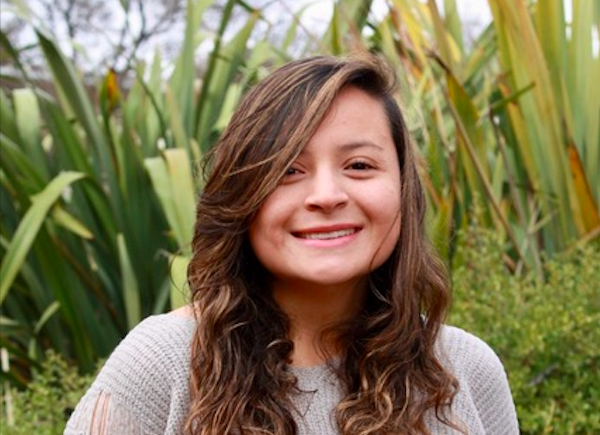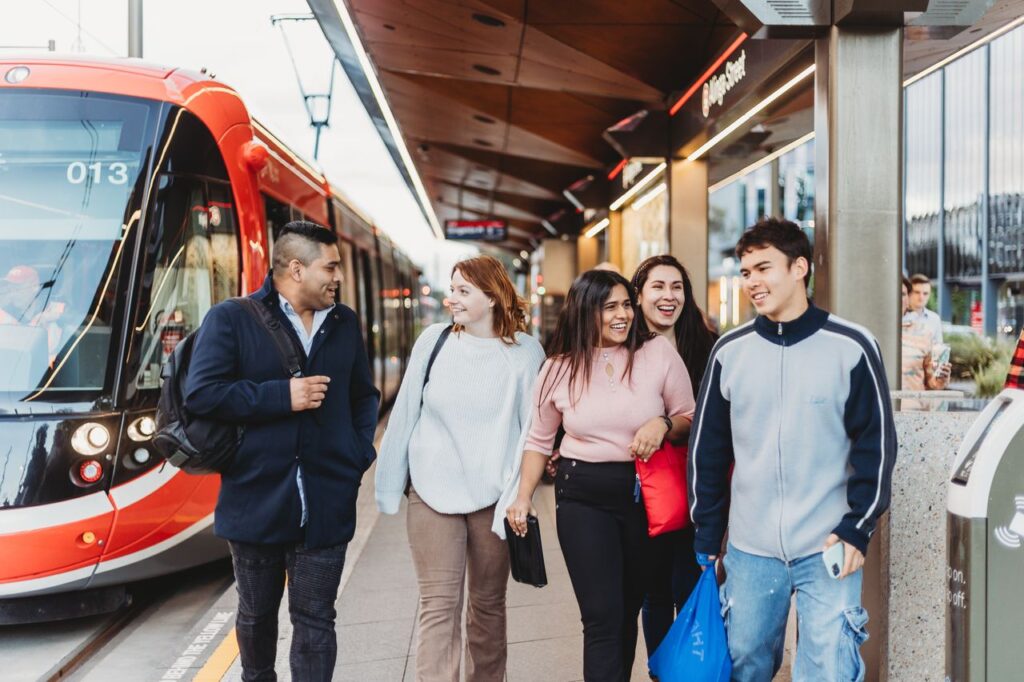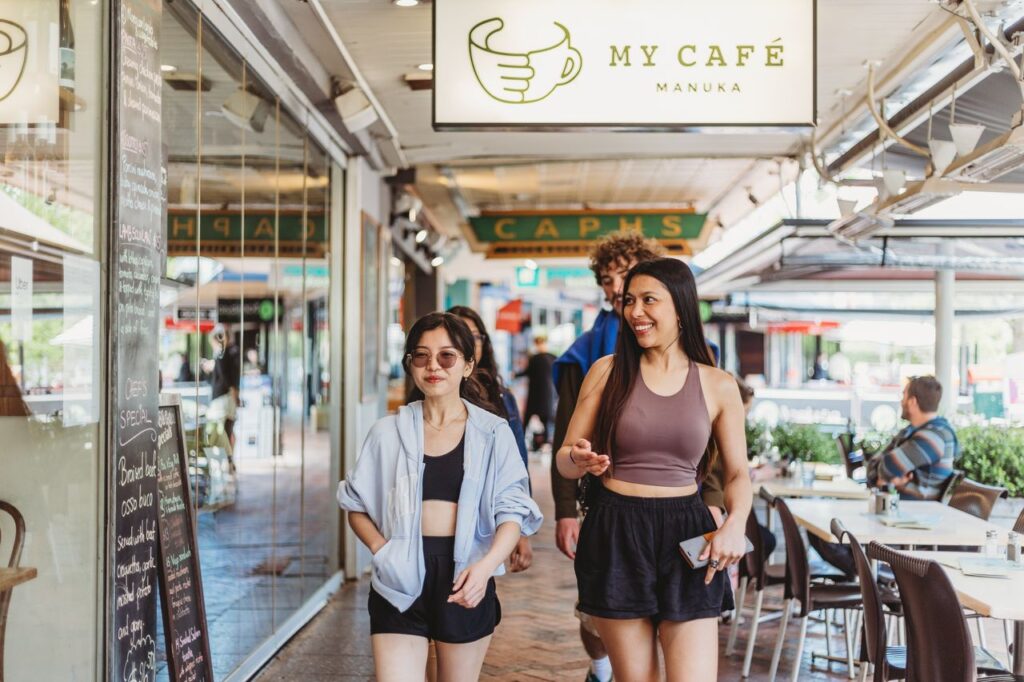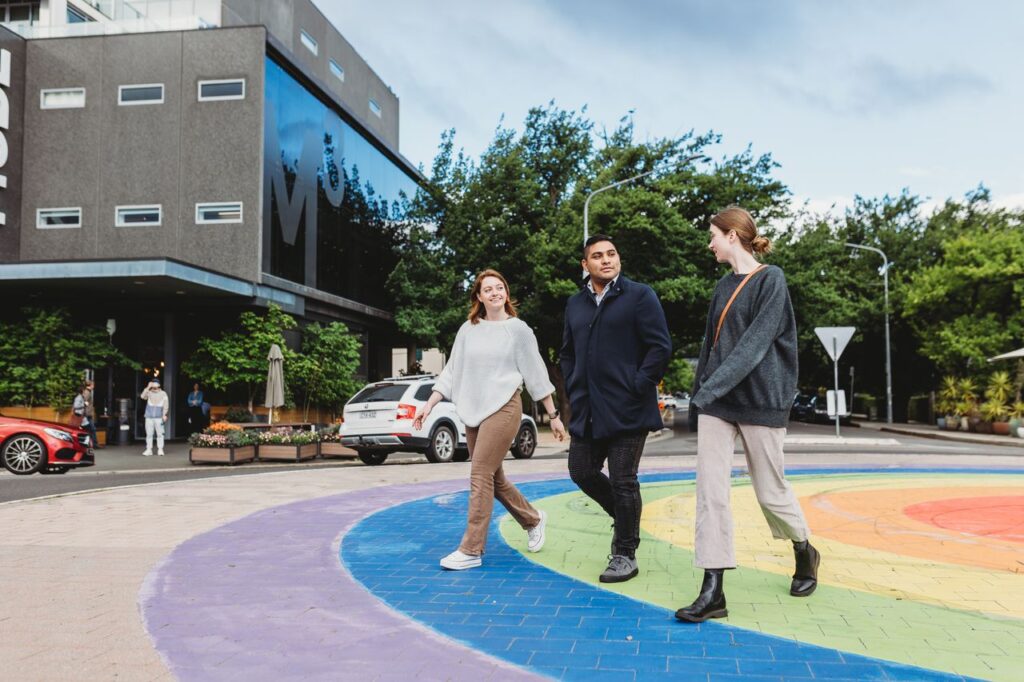As the world develops, the global demand for engineers is rising. According to student, Andrea Bedón Pineda, skilled, passionate engineers are necessary for solving modern-day challenges. When tackling issues such as climate change and population growth, and developing new technology like artificial limbs and new ‘smart’ devices, engineers have the attributes to help.
“Without technical skills to know how to improve the efficiency of systems that are already in place, it’s hard to create solutions that will address global problems,” Andrea says.
Andrea travelled from her home in Ecuador to study at the Australian National University (ANU) in Canberra, working in world-leading laboratories and with experienced professors to ensure her future as a successful engineer. We sat down with Andrea to get her story.
Choosing a new home
Andrea’s journey towards studying engineering in Australia began shortly after high school. In her final years of schooling, Andrea chose to pursue physics and maths, despite never having much exposure to them beforehand. She took a particular interest in physics, as her professor gave students practical and interesting tasks that saw them developing prototypes and other working technology. This ultimately led her to engineering.
“It was a bit of my love for physics, [plus] my curiosity for understanding how things work and how I can put together and assemble things,” she says. “They were the reasons I wanted to study engineering – so I could have the skills to develop technologies that would help people.”
Upon graduating high school, Andrea was awarded the Universidades de Excelencia, a government scholarship offering her the opportunity to study at any of the top 50 universities in the world. Of all the countries she could choose from, Andrea was immediately drawn to Australia’s warm climate.
Ultimately, ANU was the perfect fit. It offered Andrea’s specific degree, Engineering majoring in Renewable Energy Systems, at an undergraduate level. Within this degree, Andrea was positive she would gain the skills necessary to develop technology that could help communities. “This engineering degree will give me the technical skills and the analytical skills to solve global problems, such as climate change.”
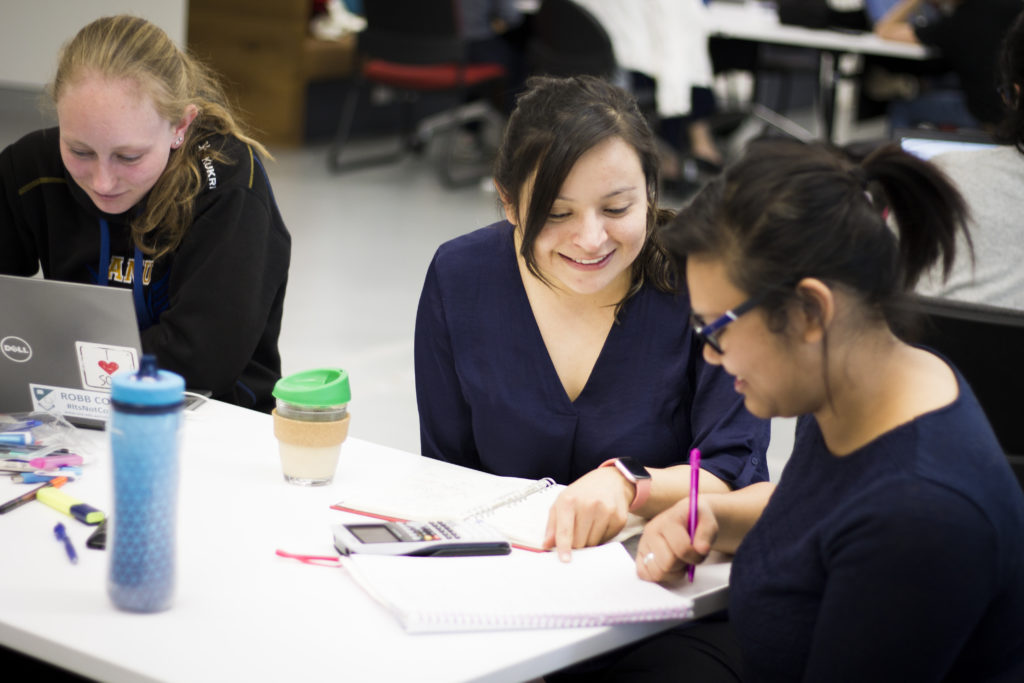
Studying in Australia
At university, Andrea adores the supportive and friendly student community, where she has the opportunity to mingle and interact with a diverse mix of students. “Getting involved with clubs and small communities is also a great opportunity to make friends with similar interests.”
In her studies, Andrea enjoys the systems engineering aspect of the degree. “It doesn’t only teach you technical skills; it also gives you product design skills and covers project management,” Andrea says. “As engineers, we work in a lot of fields, so it’s important that we know not only skills related to our specific technical degree, but also other, non-technical skills.”
Expertise across multiple areas is incredibly valuable for graduates looking to enter the industry. And while Andrea was certain that she wanted to pursue humanitarian engineering, other students had time to dip into each field before focussing their interests.
“If you don’t know what you want to study, the systems engineering degree exposes you to different studies before you tend towards a specific field,” she says.
Extracurricular activities
In between studying, Andrea has had the chance to volunteer her time in a few different places. The first is ANU Fifty50, a student-led organisation that promotes gender equity in STEM, but also aims to help students, providing workshops and career development programs.
“They create this really supportive community for all students in engineering,” Andrea says of ANU Fifty50. “The focus is on gender equity, but Fifty50 is not just for women – it’s for anyone.”
Andrea also spends time as an administrative assistant at Abundant Water, a Canberra-based NGO that helps communities in Laos and Timor-Leste by setting up microbusinesses that make water filters. She has gotten to know, first-hand, how the organisation is run and how funding works.
“Working in an NGO in the future is something I’m very interested in, especially through my work in humanitarian engineering,” says Andrea. “Getting a different perspective on how NGOs work is very helpful.”
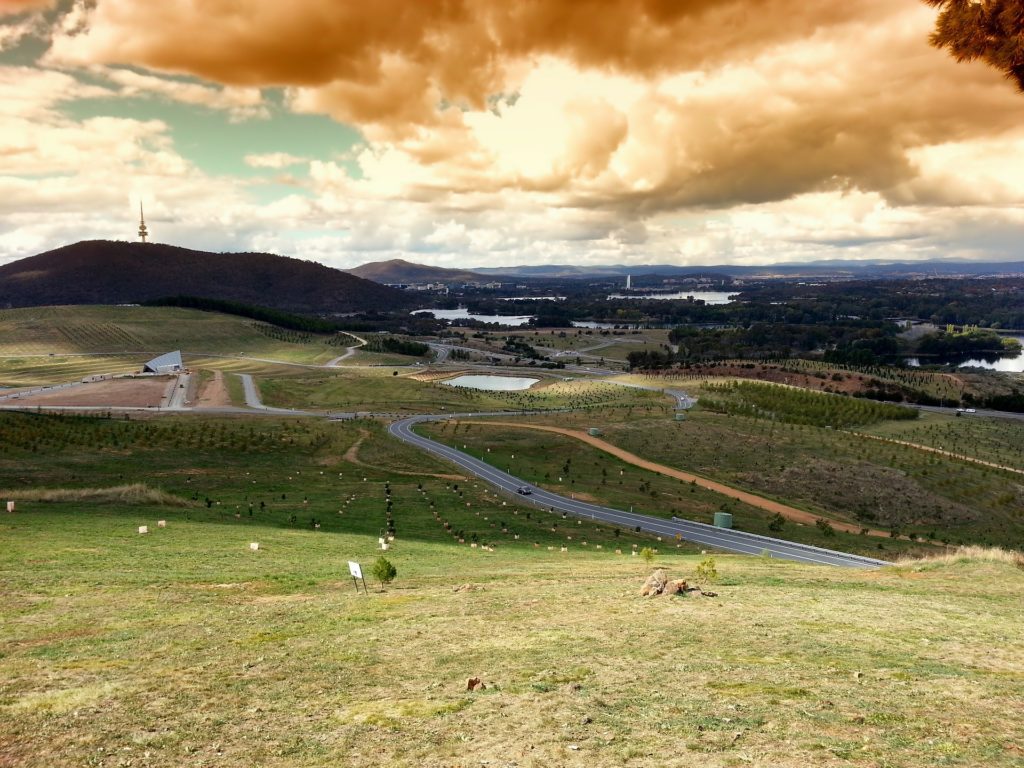
Canberra living
“Canberra is very clean and very safe,” Andrea says of her adopted city. She appreciates how quiet and convenient the city is, and the friendliness of the locals. Andrea has found the city’s small size helpful for making friends, as she gets to know people on a more meaningful, individual basis.
Andrea says there’s always something to look forward to in Canberra, with a big focus on colourful and diverse cultural events. Andrea’s must-do Canberra activities are a sunset walk around Lake Burley Griffin in the city’s centre, coffee on Lonsdale Street at the trendy, hipster cafés that crowd the streets, and a visit to the National Arboretum Canberra for an outlook of the entire city.
Future goals
In her first few years post-graduation, Andrea wants to get experience in the engineering industry, wherever in the world that may be. After that, a Masters degree could be the next step. Although, Andrea is again relaxed about the future and says it might not even be in engineering. When she’s finally ready to settle into a specific place, Andrea says she’d perhaps like to start developing a social enterprise: “Maybe I’ll stay, maybe I’ll move. I’ll see where my future takes me.”
Advice for students
Andrea’s advice to future students is to come open-minded to new experiences and embrace all the opportunities university offers you. She especially encourages joining clubs and associations, where you can meet like-minded individuals or pursue something weird and wonderful.
“Try new things,” she says. “Do something different outside your comfort zone.”

